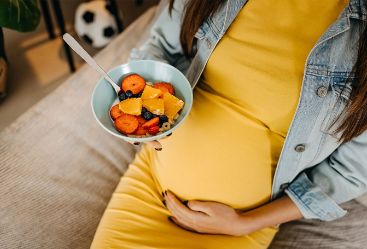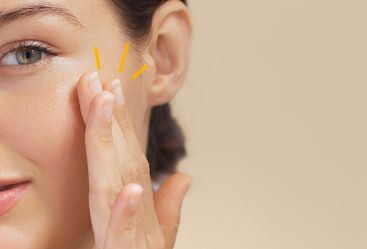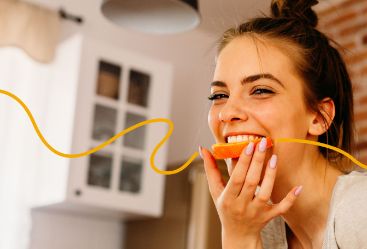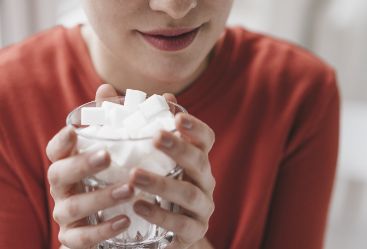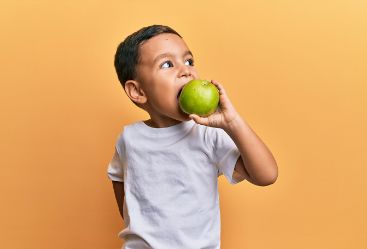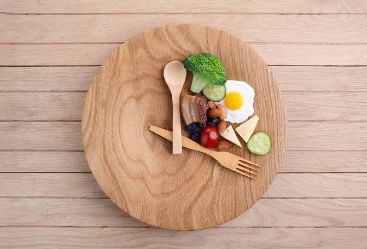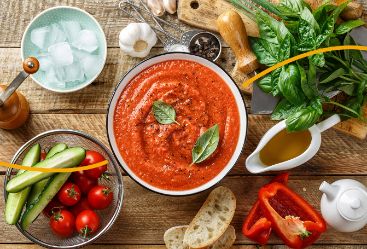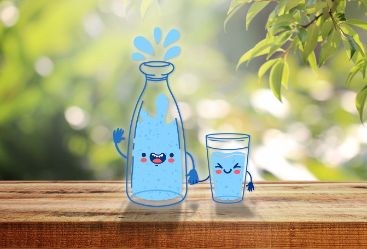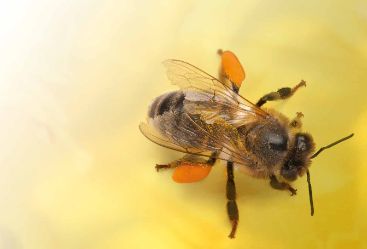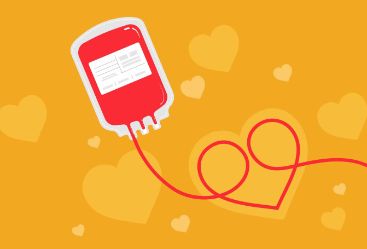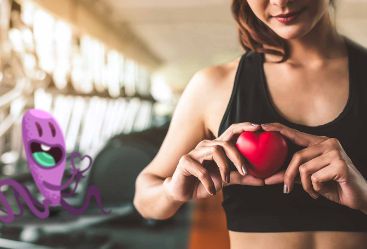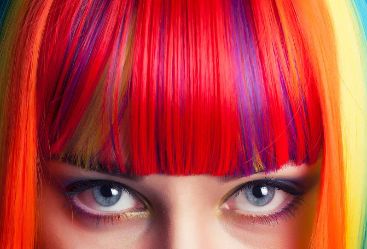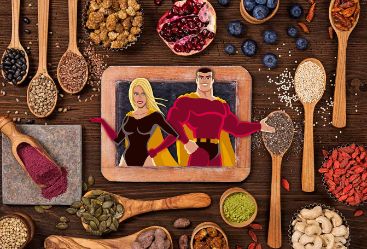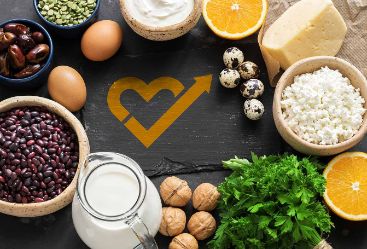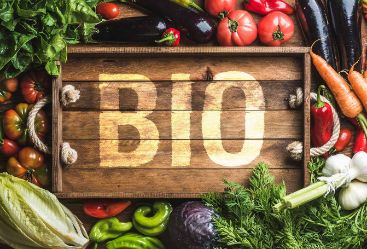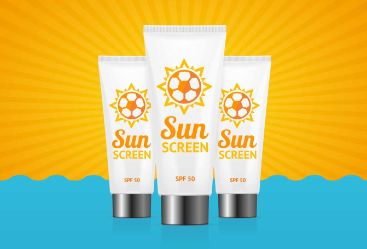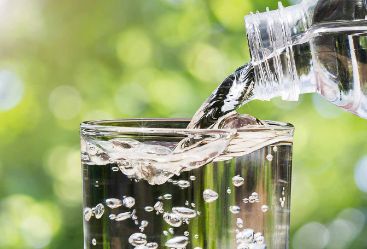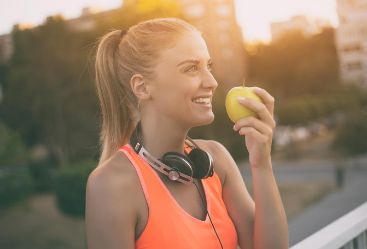10 fake healthy foods to avoid
18 April 2023 | Comment(s) |
Christelle Travelletti
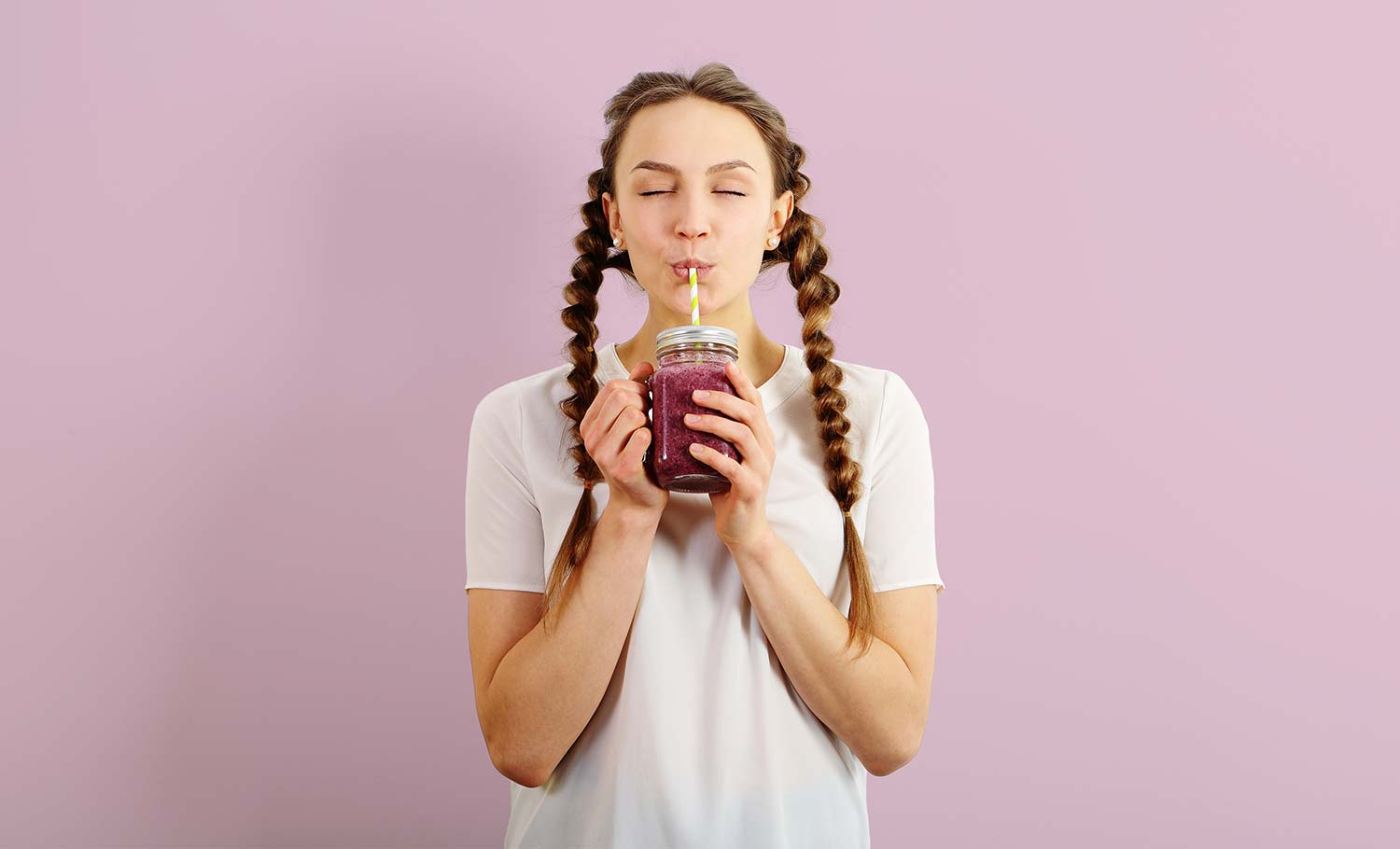
Fruit juices, granola, rice cakes... These are some of our preferred foods when we decide to eat healthily or lose weight. However, full of added sugars and preservatives, these foods are not as good for our health as we think they are. And the marketing slogans on the packaging do nothing to change that. With the help of Aurelia Corbaz, nutritionist and myDiabCheck coach (link), we reveal 10 supposedly healthy products and above all some information on how to eat healthier!
1. Fruit juices and smoothies
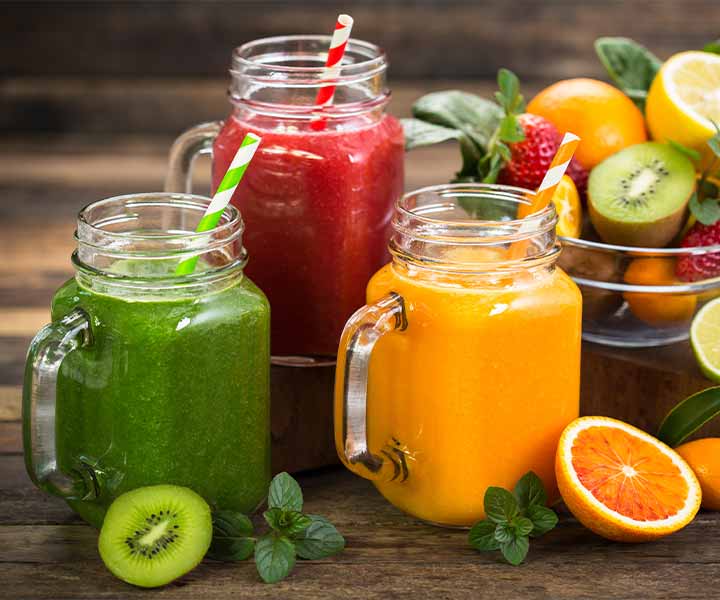
Always at the top of the breakfast menu, fruit juices and smoothies contain lots of water and sugar. Industrial fruit juices are the worst, but freshly squeezed fruit juices and homemade smoothies should also be consumed in moderation. They all cause a spike in blood sugar levels because they don't allow our stomachs to assimilate the food through chewing. It's as if our bodies understand that we are drinking only water and sugar.
- Aurelia's nutritional advice:Eat fruit whole in the morning and if you absolutely must squeeze it, keep the pulp and a few pieces. Best eaten only once a week. Be careful, vitamin C begins to denature after 30 minutes in light and heat.
2. Granola
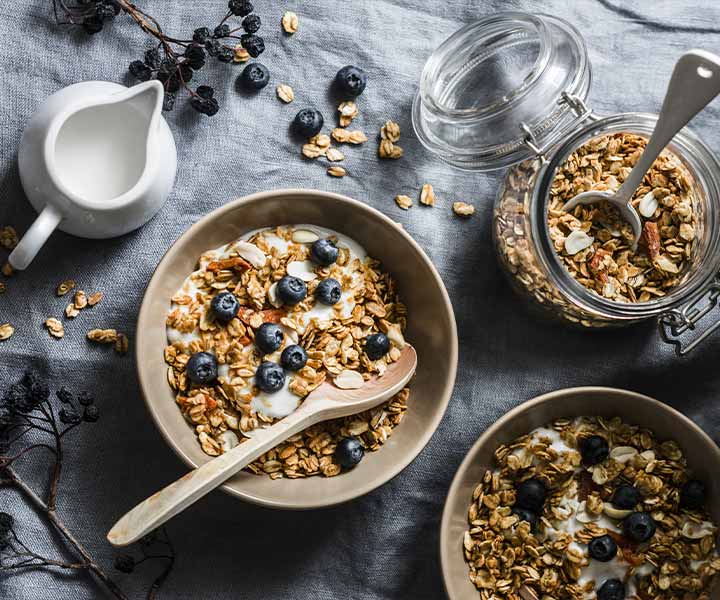
A favourite with foodies, granola is rich in fibre. "But the difference between homemade granola and industrial granola is that they don't have the same nutritional value. The supermarket version contains added sugars such as fructose syrup, glucose and preservatives, and your body won't absorb them in the same way," explained Aurelia Corbaz.
- Aurelia's nutritional advice:
Make your own granola using raw cereals such as oats, pumpkin seeds, cashew nuts, fruit and maple syrup or honey, as in Aurelia's blueberry granola recipe.
"I always encourage my customers to go back to basics, to natural, unprocessed products, and above all to cook for themselves. It is often thought that this is more complicated, that it takes more time, but that's not true".
Aurelia Corbaz, a nutritionist in Lausanne.
3. Gluten-free and vegan products
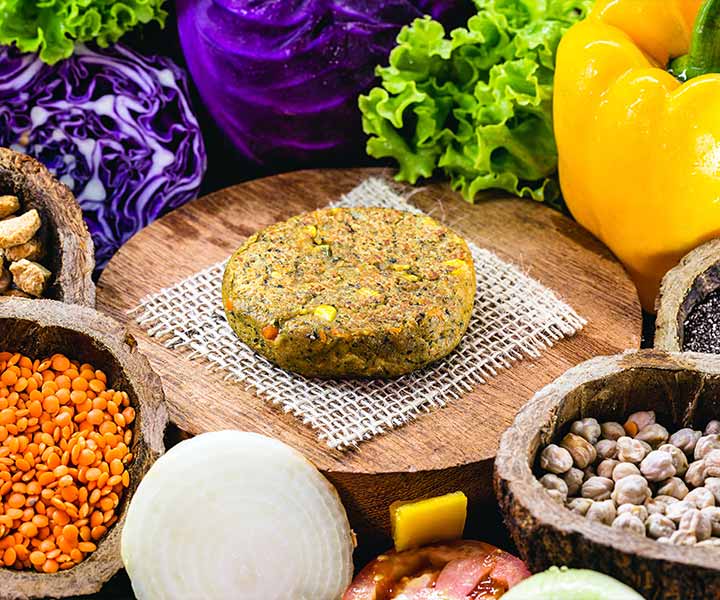
Manufacturers are always keeping up with the latest trends. So when you see "gluten-free" on the packaging, you get the impression that it's healthier, but this is totally wrong. For example, in gluten-free pasta, manufacturers have added refined flours such as corn or potato starch, whereas normal pasta is just wheat.
The same goes for vegan products (fake meat barbecue, fake cheese, etc.), which are simply products processed to create a basic food like meat or cheese. What's more, the list of ingredients on these packages is as long as your arm!
- Aurelia's nutritional advice:
Choose naturally gluten-free products such as quinoa, millet, buckwheat, rice or pasta made from these cereals. And if you're vegetarian or vegan, go for vegetables and pulses, or tofu once a week at the most.
4. Beetroot crisps
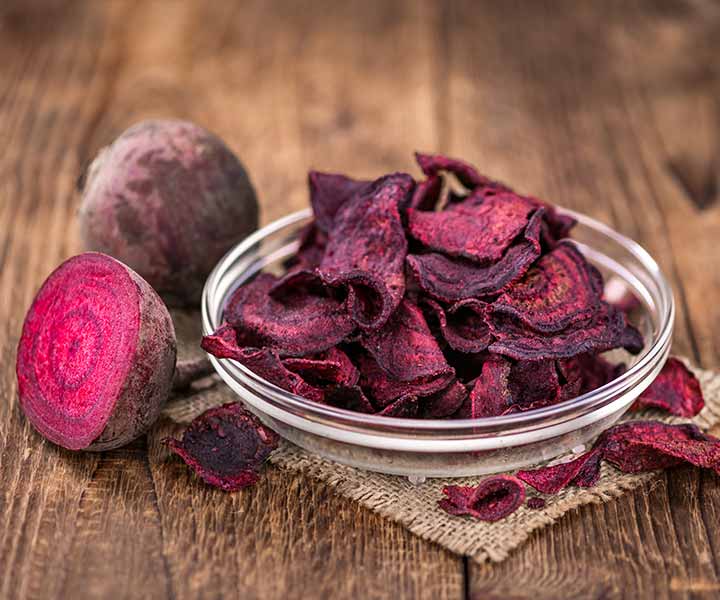
Beetroot crisps, the latest addition to the appetizers, are processed products with no real beetroot inside. In any case, crisps, even organic or gluten-free ones, all contain saturated fats, which are bad fats.
- Aurelia's nutritional advice:
A crisp is basically a potato with oil and salt, so make your own crisps or opt for plain crisps made with rapeseed oil, which is much better than sunflower oil!
5. Fruit yoghurts
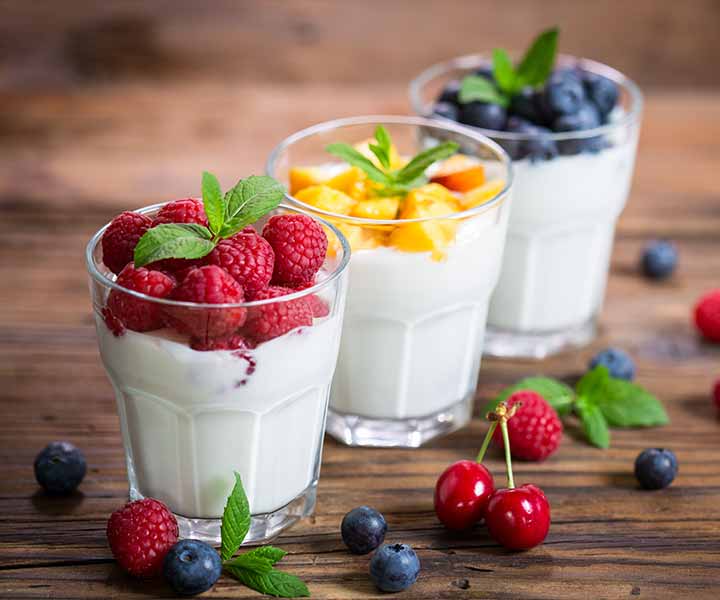
Fruit yoghurts contain fake fruit, flavourings and, once again, far too much sugar. As soon as you see the word "glucose syrup or fructose syrup", put the product down. Fructose is the only type of sugar that will be stored in our liver and create a fatty liver.
- Aurelia's nutritional advice:
Keep it simple, take plain yoghurt and add some fresh fruit to it.
"In an industrial product, in order to give it flavour, they either remove fat and add sugar, or the opposite"
Aurelia Corbaz, nutritionist
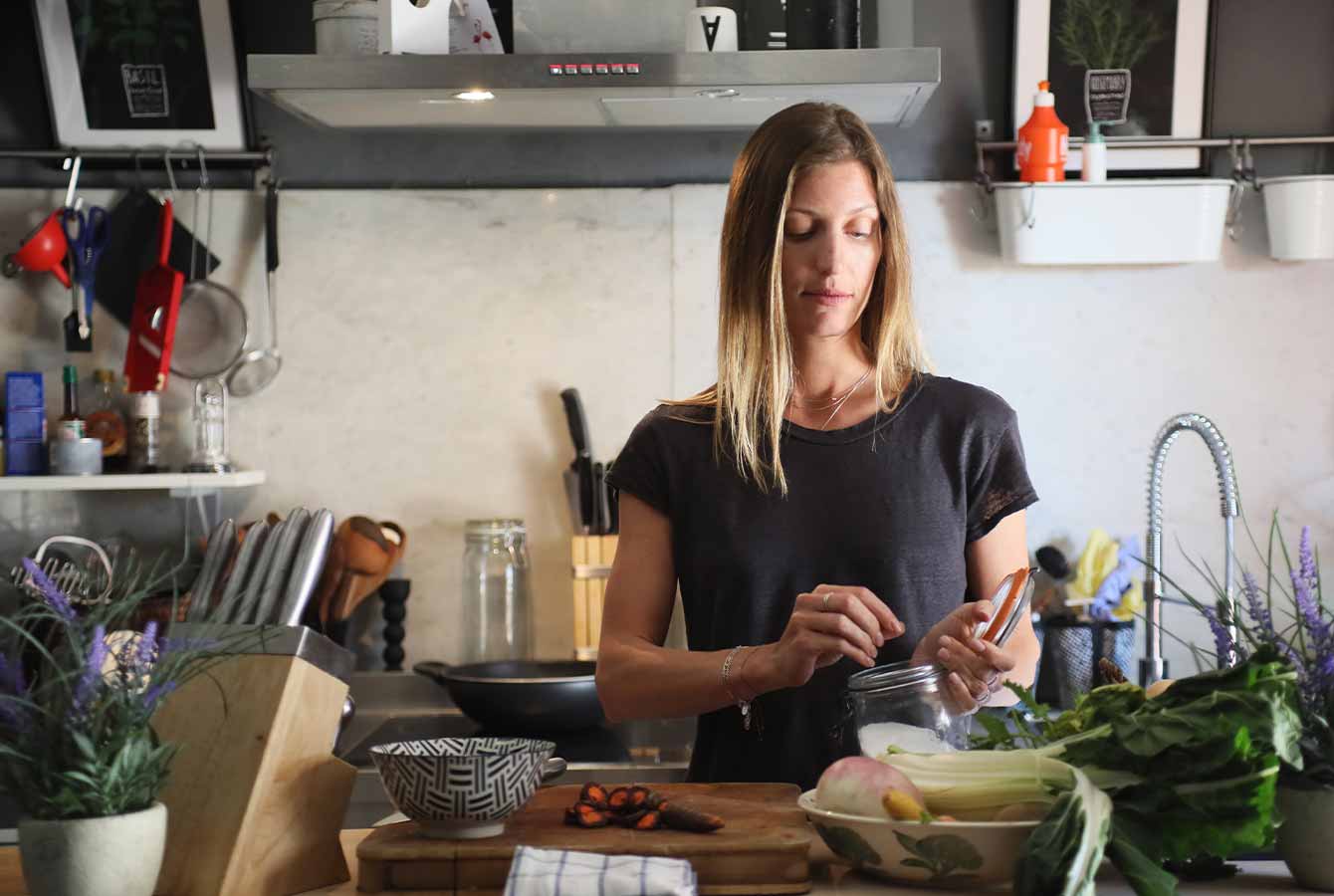
6. Rice or almond milk
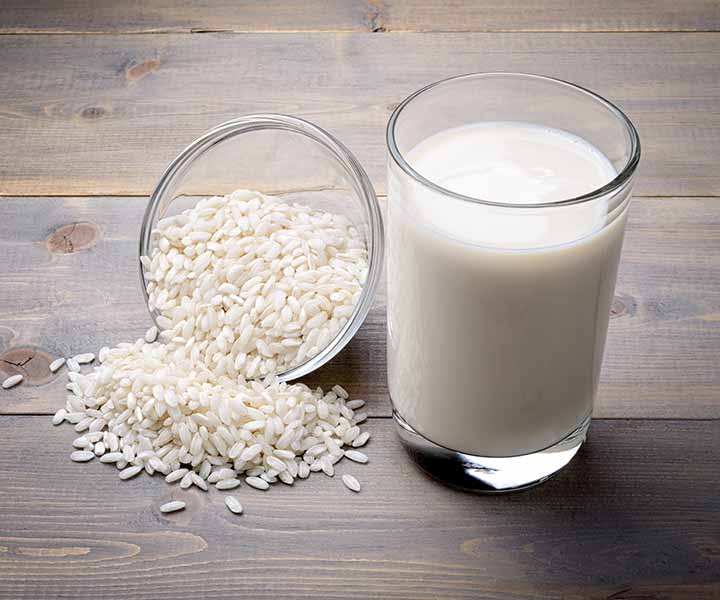
As far as dairy products are concerned, it is recommended that you eat just one dairy product a day if you can digest it well. And given the sharp rise in lactose intolerance in recent years, several types of plant-based milk have appeared on the shelves. Some almond milks contain sunflower oil or rice flour to create that creamy cow's milk consistency we love.
- Aurelia's nutritional advice:
For all these products, you really need to look at the label and find out how they are made. Almond milk is basically just filtered almonds and water. You can make it yourself. Be careful, rice milk has the highest glycaemic index.
7. Humous
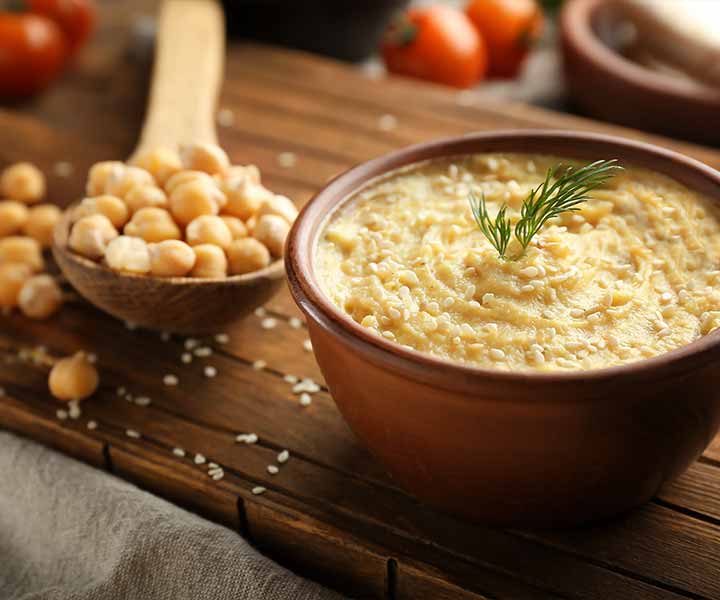
Industrial humous is full of preservatives, when in fact it's just chickpeas.
- Aurelia's nutritional advice:
Here's the recipe for a good homemade humous. It's very simple: pour out one tin of chickpeas, add 1 tablespoon of sesame oil, a little olive oil and 1 lemon. Blend everything together and that's it!
8. Rice cakes
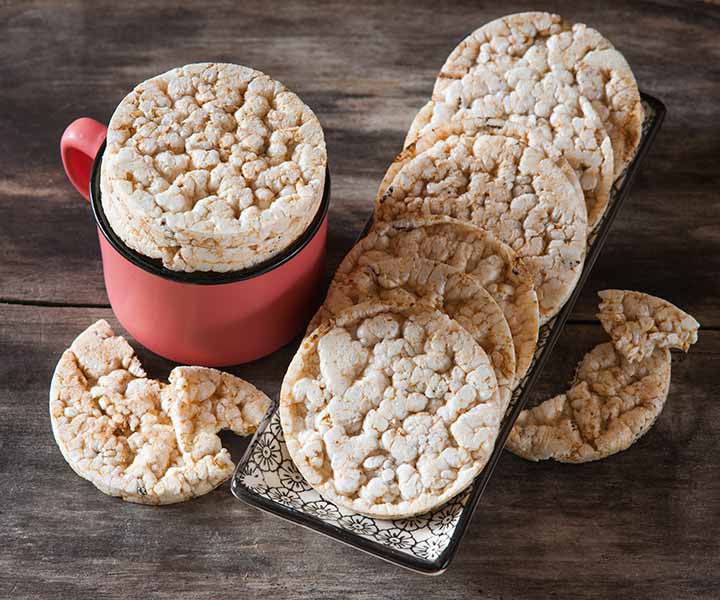
According to Aurelia Corbaz, rice cakes are a disaster. Everyone eats them because we think they are healthy and less sweet than biscuits. In fact, we give a lot of them to the children as snacks. In reality, rice cakes are rice or corn that has been puffed and has an extremely high glycaemic index. What's more, arsenic, a heavy metal, has even been found in some rice cakes.
- Aurelia's nutritional advice:
As an alternative, I suggest giving your child a slice of wholemeal bread from the bakery and spreading it with butter and a little dark chocolate on top, as our parents and grandparents used to do.
9. All "sugar-free" products
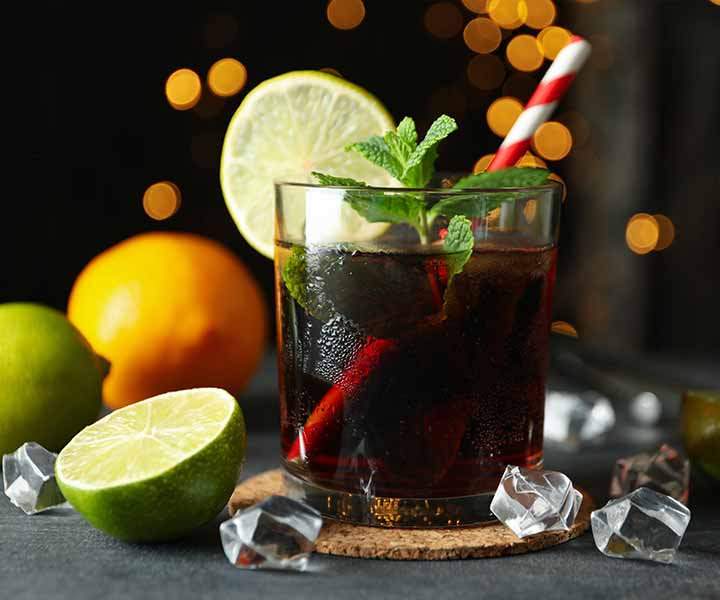
To keep up with the dieting trend, some brands have created "light" or "zero” sugar-free drinks, but these products are just as harmful to our health.
When you eat sugar, your stomach sends a message to your brain telling it to produce insulin. So far, so good. But when we eat a food containing "fake sugar", such as aspartame, we send a false message to our brain and our pancreas will create insulin when it's not needed. Therefore, we generate blood sugar when we haven't consumed any. Weight gain is guaranteed.
- Aurelia's nutritional advice:
I often tell my customers: if you want to drink a Coke, then drink a real Coke! In moderation, of course. But it won't be as bad as drinking a Diet Coke or a Coke Zero. And if you really want to drink something healthy, drink water.
10. Margarine
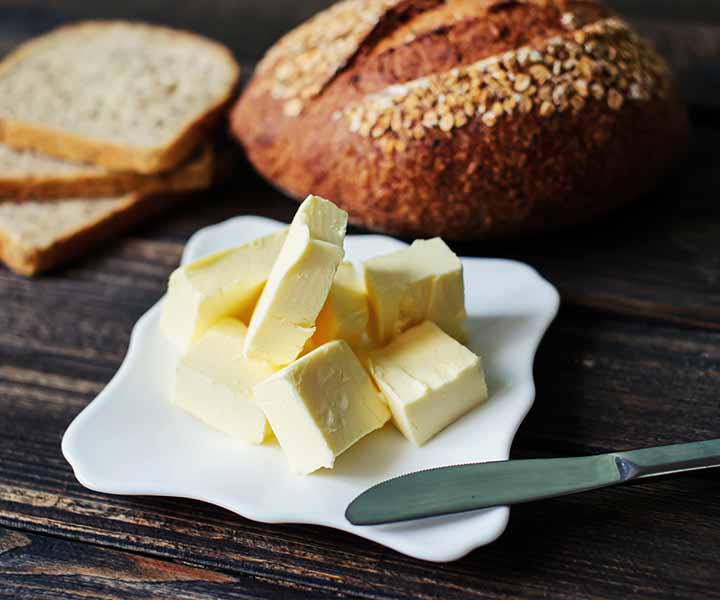
The latest falsely healthy food to become known in recent years is margarine. For a long time we believed that this 'low-fat butter' would help us lower our cholesterol levels, when in reality it's anything but low-fat butter. Margarine is nothing more than oil transformed into trans and saturated fatty acids. That’s worse than anything else. Raw butter, on the other hand, contains good fats and vitamin A.
- Aurelia's nutritional advice:Eat real butter, but farm butter, obviously not cooking butter. And always cook with oil, never butter. Cooked butter will generate trans fatty acids, which can clog our arteries. This is bad news and can lead to cardiovascular disease.
As you will have realised, to eat more healthily, all you have to do is go back to the simplest, most basic foods, dare to leave your comfort zone and take the time to cook for yourself as much as possible. It doesn't take any longer and, contrary to popular belief, natural products are often less expensive.



